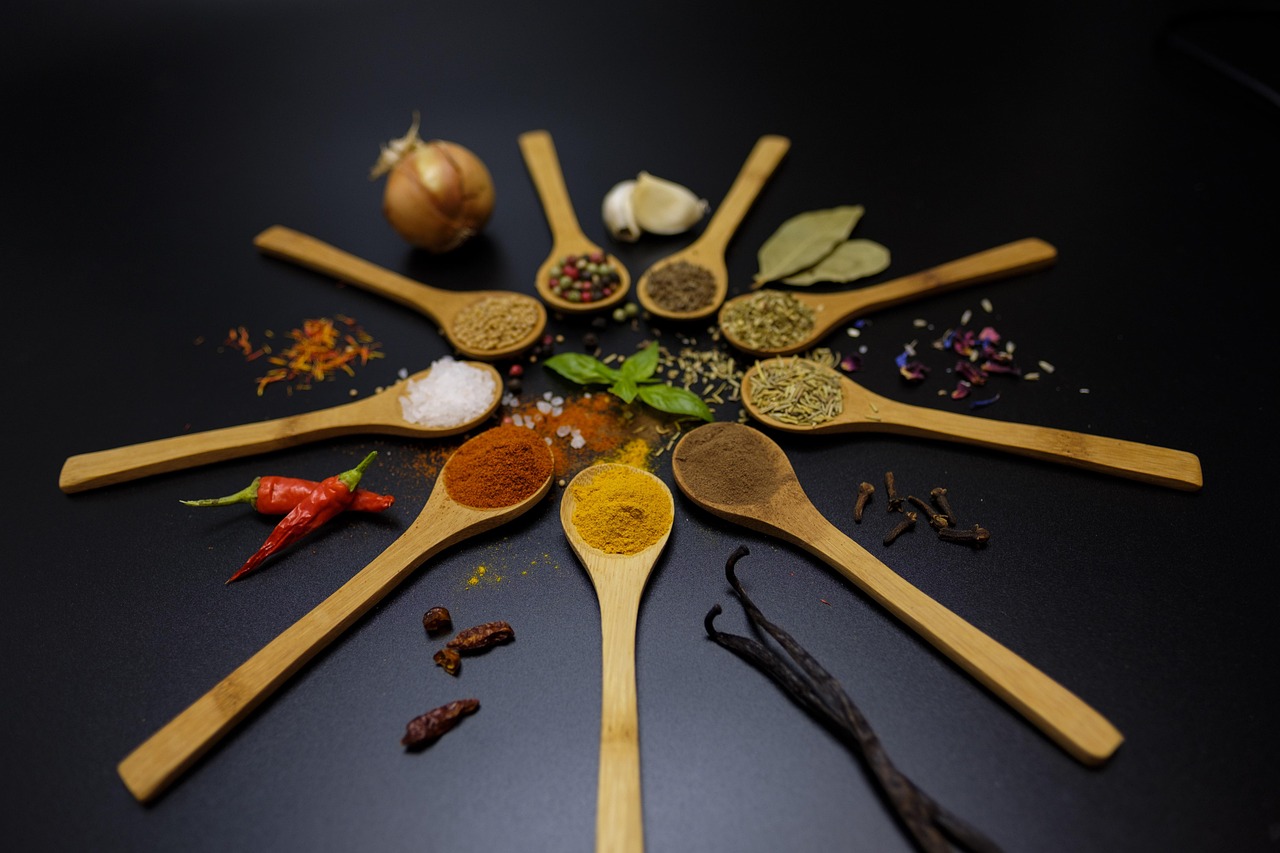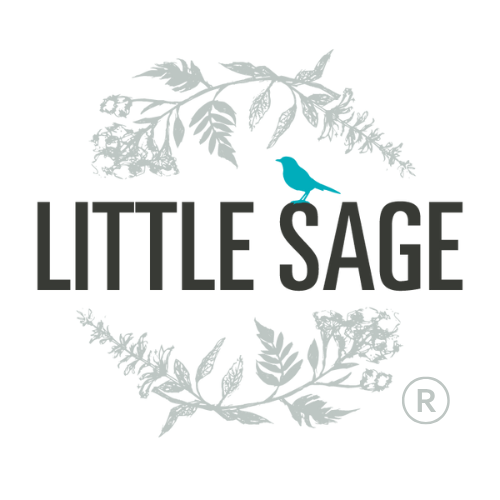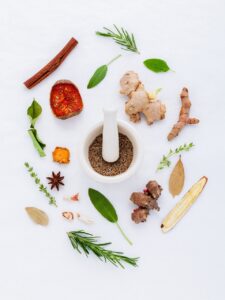As the weather cools down and colds and flus become more prevalent, it’s important to take steps to support our health and well-being during this time.
Strengthen Your Defensive Qi
One key aspect of staying healthy is strengthening our body’s defensive energy, known as Wei Qi. The Wei Qi is a concept in Traditional East Asian Medicine that encompasses our body’s protective energy and plays a crucial role in maintaining our overall health and immunity.
Wei Qi acts as a shield, defending our body against external pathogens and environmental influences. When our Wei Qi is strong, it acts as a robust defense mechanism, preventing the invasion of harmful pathogens and supporting our well-being. However, if our Wei Qi becomes weakened or imbalanced, it can leave us more susceptible to illnesses, such as colds and flus.
Traditional East Asian Medicine offers various practices to strengthen and harmonize our Wei Qi, helping us maintain optimal health and vitality. Here are some examples of how to strengthen your Wei Qi:
Herbal remedies play a significant role in supporting the immune system and enhancing the Wei Qi. Certain herbs, such as astragalus and ginseng, are known for their immune-boosting properties and can be consumed as teas, soups, or supplements to nourish and fortify the Wei Qi.
Proper nutrition is essential in maintaining a strong Wei Qi. A balanced diet rich in nutrient-dense foods, including fruits, vegetables, whole grains, and lean proteins, can provide the necessary vitamins and minerals to support immune function and strengthen the Wei Qi. See below where I discuss more about foods that help nourish you during this season.
Acupuncture and acupressure are also valuable in promoting the flow of energy and strengthening the Wei Qi. By targeting specific acupuncture points, these practices help regulate the body’s energy, enhance immunity, and restore balance.
Qigong, a favorite of mine, is a mind-body practice involving gentle movements, breathing exercises, and meditation, that can help cultivate and harmonize the Wei Qi. Regular qigong practice encourages the smooth flow of energy, reduces stress, and strengthens the body’s defenses.
By incorporating these practices into your lifestyle, you can support and strengthen your Wei Qi, promoting overall health and vitality.
Nourishing Yin and Fluids
Nourishing Yin and fluids is essential during the seasonal transition because it helps maintain internal balance, supports overall health, and prepares the body for the cooler weather. When Yin and fluids are depleted or imbalanced, it can lead to symptoms such as dryness, irritability, and weakened immunity.
To nourish Yin and fluids, we can incorporate specific foods into our diet. Examples include:
Cooling and moistening foods like seaweed, which is rich in minerals and helps replenish fluids
Mushrooms have nourishing properties and support Yin.
Bone broth is highly regarded for its ability to nourish Yin and fluids, as it contains essential nutrients and collagen that promote hydration and overall well-being.

Use common herbs and spices in your pantry to keep you healthy this season
There are several common herbs and spices found in the pantry that can be beneficial as cold remedies. Here are a few examples:
Garlic is a powerful immune-boosting herb known for its antimicrobial properties. It can help fight off cold and flu viruses. Add fresh garlic to soups, stews, or incorporate it into your cooking for added flavor and immune support.
Ginger has warming properties and is often used to alleviate symptoms of the common cold. It can help soothe a sore throat, reduce congestion, and relieve nausea. Brew ginger tea or add fresh ginger to dishes for its immune-boosting benefits.
Turmeric contains a compound called curcumin, which has anti-inflammatory and antioxidant properties. It can help alleviate cold symptoms and support overall immune health. Add turmeric to curries, smoothies, or warm milk (or milk alternatives like oat or almond milk) for a comforting and immune-boosting drink.
Cinnamon is not only a delicious spice but also has antimicrobial properties that can help combat colds and flu. It can help warm the body, relieve congestion, and soothe a sore throat. Sprinkle cinnamon on oatmeal, add it to baked goods, or brew cinnamon tea for its comforting effects.
Honey: While not an herb or spice, honey is a natural remedy often used to soothe a sore throat and suppress coughs. It has antimicrobial properties and can provide relief from cold symptoms. Add a spoonful of honey to warm water, herbal tea, or incorporate it into homemade cough syrups.
By embracing the principles of Traditional East Asian Medicine, we can navigate the seasonal transition with greater ease and maintain our health.
If you're looking for personalized guidance and support, reach out to a Traditional East Asian Medicine practitioner in your area. Take charge of your health and embrace the wisdom of this ancient healing system.

